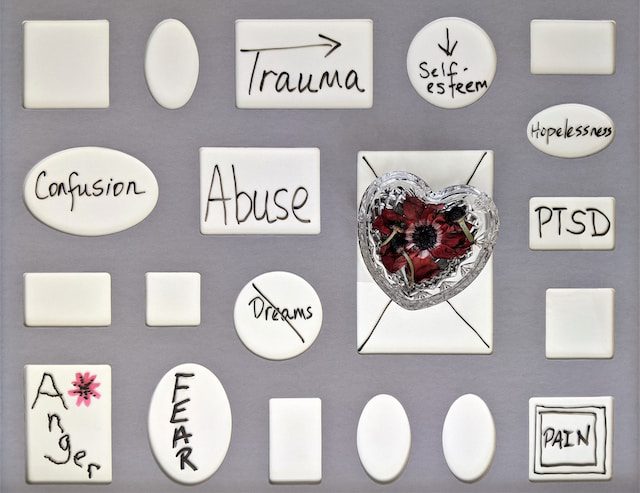Trauma always leaves an indelible mark on a person’s mind, affecting their mental health and their day-to-day activities.
After a severe traumatic experience, victims can sometimes develop Post-Traumatic Stress Disorder (PTSD). Flashbacks, nightmares, anxiety, and emotional numbness characterize PTSD. And sometimes, it might feel like these symptoms control your life.
Will this ever end? Does PTSD ever fade away? It’s time to find out.
The Consequences of Trauma
Trauma comes with several consequences, making early intervention and ongoing mental health care important to prevent PTSD longevity.
According to the United States Department of Veterans Affairs, about 6 out of every 100 people in the USA will suffer from PTSD at some point, with women being the most likely set of people to develop PTSD.
Infographic provided by Veteran Car Donations, a top company for Texas car donations
Here are some consequences of trauma and how they can affect an individual:
- Physical Symptoms: The physical symptoms of trauma include headaches, dizziness, fatigue, and other physical discomforts that aren’t tied to any other illness.
- Emotional and Psychological Symptoms: Feelings of fear, sadness, anger, guilt, and shame are also common consequences of trauma. Trauma can also lead to denial, disassociation, and feelings of detachment from surroundings or self.
- Re-experiencing the Traumatic Event: This might manifest as flashbacks, nightmares, or intrusive memories.
- Avoidance: Someone with PTSD might avoid places, people, and activities that remind them of the trauma.
- Changes in Emotional Reactions: This includes irritability, angry outbursts, being easily startled, or having difficulty sleeping.
- Negative Changes in Thinking and Mood: Feelings of hopelessness, negative thoughts about oneself or others, memory problems, or feelings of detachment are common.
- Relationship Struggles: Difficulty maintaining close personal ties with friends or family due to trust issues, closeness, or feeling “different” from others.
- Substance Abuse: Using alcohol or drugs to numb feelings or gain a semblance of control.
- Physical Health Consequences: Including a higher risk for certain conditions like heart disease, high blood pressure, and even diabetes.
- Development of Mental Health Disorders: Beyond PTSD, individuals might develop conditions like depression, anxiety, and substance abuse disorders.
Does PTSD Ever Fade Away?
Everyone’s journey with trauma and PTSD is unique, and many factors contribute to PTSD longevity, which complicates the healing process.
For example, factors like the nature and severity of the traumatic event and the presence of other mental health conditions like depression or substance abuse could make things a little more complex.
So, does PTSD ever fade away? Here’s what we know:
- Varies by Individual: Some people might see their symptoms decrease and even disappear over time, while others might struggle with them for many years, although with varying intensity.
- Therapy Can Help: Cognitive-behavioral therapy (CBT), exposure therapy, and eye movement desensitization and reprocessing (EMDR) are some treatments that have proven effective for many with PTSD.
- Medication: Some people benefit from medications that treat symptoms of PTSD or co-occurring issues like depression.
- Triggers Can Bring Symptoms Back: Even if symptoms decrease, specific triggers (like anniversaries of the event or certain sights or smells) can cause them to resurface.
- Continuous Support is Key: Ongoing support from loved ones and professional help can be critical in managing PTSD.
Early Intervention Matters: Getting treatment soon after the traumatic event can prevent some cases of PTSD or lessen its severity. So, if you or someone you know is struggling with PTSD, seeking professional help is crucial.
Featured Photo by Susan Wilkinson on Unsplash




